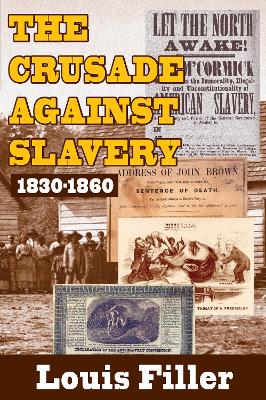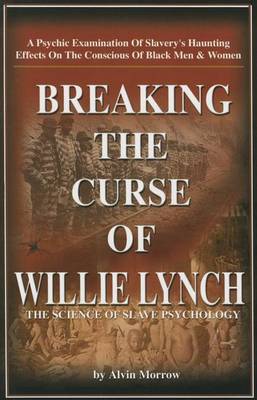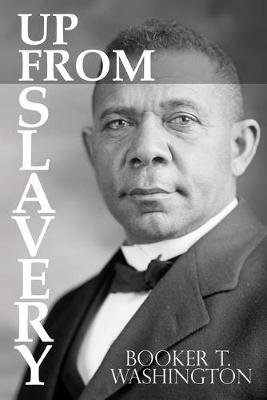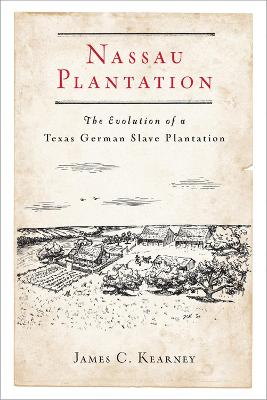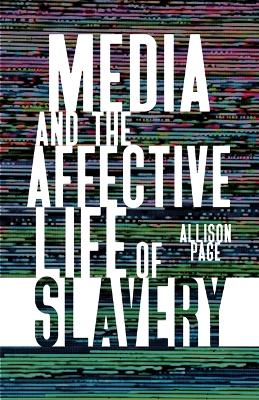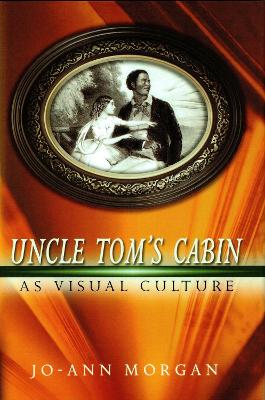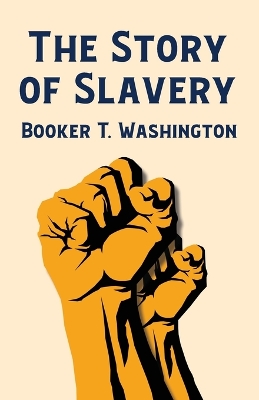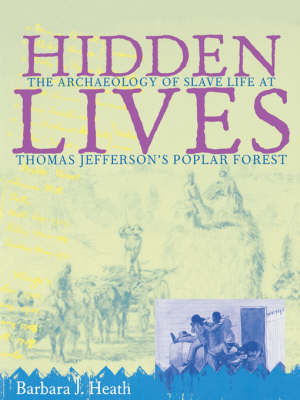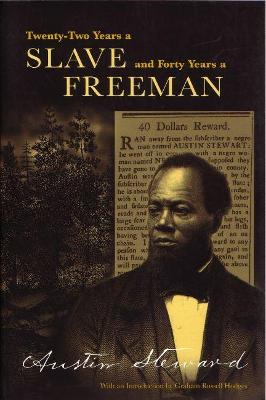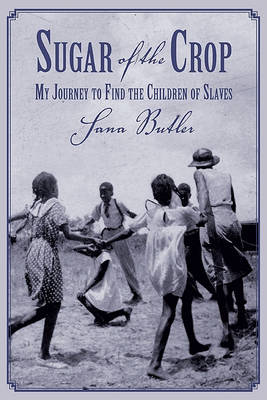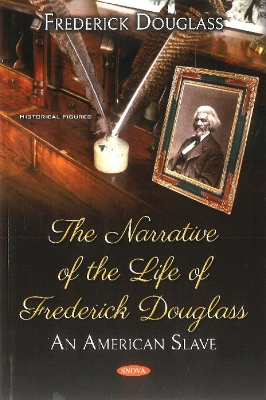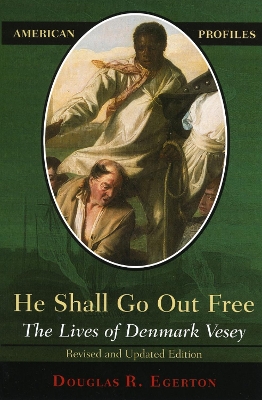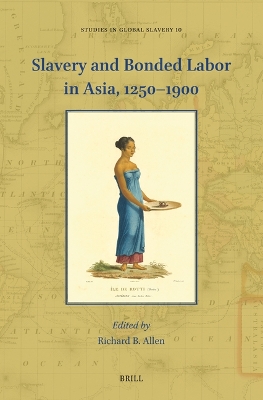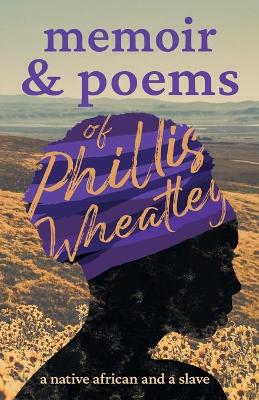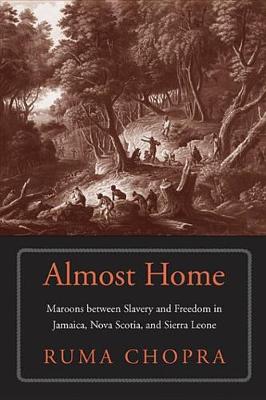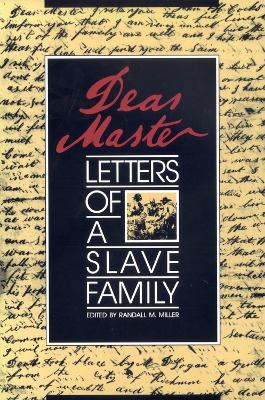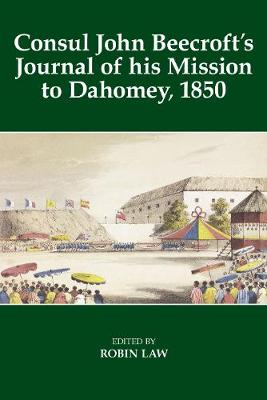Perhaps no other crusade in the history of the U.S. provoked so much passion and fury as the struggle over slavery. Many of the problems that were a part of that great debate are still with us. Louis Filler has brought together much information both known and new on those who organized to defeat slavery. He has also re-examined the anti-slavery movement's ideals, heroes, and martyrs with historical perspective and precision. Contrary to popular belief, the anti-slavery movement was far from unit...
Slavery Today (Groundwork Guides)
by Kevin Bales and Rebecca Cornell
Forced to work in back-breaking, under- or unpaid jobs from agricultural work to prostitution, slaves today men and women, old and young are trapped in the same spiral of brutality and control they have endured for centuries, with one crucial difference: a collapse in the price of human beings. Globalization, governmental corruption, and the population explosion have thrust billions of people into the pool of potential slaves. This huge surplus of impoverished people has pushed the human pri...
The Martyrdom of Abolitionist Charles Torrey (Antislavery, Abolition, and the Atlantic World)
During his brief yet remarkable career, abolitionist Charles Torrey -- called the ""father of the Underground Railroad"" by his peers -- assisted almost four hundred slaves in gaining their freedom. A Yale graduate and an ordained minister, Torrey set up a well-organised route for escaped slaves traveling from Washington and Baltimore to Philadelphia and Albany. Arrested in Baltimore in 1844 for his activities, Torrey spent two years in prison before he succumbed to tuberculosis. By then, other...
Masters & Statesmen CB (New Studies in American Intellectual and Cultural History)
by Greenberg
Greenberg shows how planters and statesmen grappled with contradictory ideas and uses of power... His fresh insights on statesmanship, dueling, political parties and representation, the proslavery movement, and the origins and dynamics of Southern nationalism and secession give new vigor to these topics. -- Library Journal
In the 1840s an organisation of German noblemen, the Mainzner Adelsverein, attempted to settle thousands of German emigrants on the Texas frontier. Nassau Plantation, located near modern-day Round Top, Texas, in northern Fayette County, was a significant part of this story. No one, however, has adequately documented the role of the slave plantation or given a convincing explanation of the Adelsverein from the German point of view. James C. Kearney has studied a wealth of original source materi...
Born a slave in Maryland, Frederick Douglass became one of the best orators and statesmen in America. He worked as a houseboy and a field hand, experiencing some of the harshest conditions of any slave. Although it was unlawful to teach slaves how to read, Douglass learned from neighborhood boys and paid them with food. Seven years after he escaped slavery and moved North, Douglass published the first of his three autobiographies, ""Narrative of Frederick Douglass: An American Slave"". Douglass...
The Battle of Principles a Study of the Heroism and Eloquence of the Anti-Slavery Conflict
by Newell Dwight Hillis
The Description for this book, Children of God's Fire: A Documentary History of Black Slavery in Brazil, will be forthcoming.
How media shapes our actions and feelings about race Amid fervent conversations about antiracism and police violence, Media and the Affective Life of Slavery delivers vital new ideas about how our feelings about race are governed and normalized by our media landscape. Allison Page examines U.S. media from the 1960s to today, analyzing how media culture instructs viewers to act and feel in accordance with new racial norms created for an era supposedly defined by an end to legal racism. From t...
By personalizing the experiences of American slaves, Harriet Beecher Stowe’s Uncle Tom’s Cabin had a profound effect on public attitudes toward slavery on the eve of the Civil War, but Stowe’s narrative was not the whole story. Jo-Ann Morgan now reveals how prints and paintings of Uncle Tom and other characters in the novel also shaped public perceptions and how this visual culture had its own impact on history.Through illustrations in various editions of the book, advertisements for stage produ...
LIKE MONTICELLO, Thomas Jefferson's Poplar Forest offers a significant archaeological view of slave life at the turn of the nineteenth century in rural Virginia. In Hidden Lives, Barbara J. Heath re-creates the daily life of slaves at Jefferson's second home from 1773, the year he inherited the plantation, until 1812, when his reorganization of its landscape resulted in the destruction of a slave quarter. Drawing on census data, letters, memoranda, and other primary material, Heath describes the...
A detailed account of the extraordinary life of Austin Steward, a black man who lived in the early nineteenth century as both a slave and then later a free man. Originally published in 1861, Austin Steward's memoir has long been a staple source of first-hand evidence about activism against slavery and racism by freed blacks. Long out of print, the narrative is now available with additional biographical information and a critical introduction by historian Graham Hodges. The introduction affords a...
"Sugar of the Crop" is the story of an unprecedented quest to find the last surviving children of slaves. In a revealing search from Los Angeles to New Orleans, from Virginia nursing homes to Alabama churches, Sana Butler provides a fascinating picture of African American life and its legacy in the post-Civil War world. What she finds will change our sense of black identity in America. Drawing on interviews she began in the summer of 1997 with the sons and daughters of slaves, Sana Butler reveal...
John Piper's biography of William Wilberforce takes readers beyond Wilberforce's battle against slavery and explores the beliefs and motivations of this influential evangelical politician.
Frederick Douglass, a former slave, became the leader of the abolitionist movement. The Narrative of the Life of Frederick Douglass: An American Slave is a first-hand account of his life from indentured slave to a free man. This important and factual work is one of the most persuasive books for the anti-slavery movement.
On July 2, 1822, Denmark Vesey was hanged in Charleston, S.C., for his role in planning one of the largest slave uprisings in the United States. During his long, extraordinary life Vesey played many roles-Caribbean field hand, cabin boy, chandler's man, house servant, proud freeman, carpenter, husband, father, church leader, abolitionist, revolutionary. Yet until his execution transformed him into a symbol of liberty, Vesey made it his life's work to avoid the attention of white authorities. Bec...
Slavery and Bonded Labor in Asia, 1250–1900 (Studies in Global Slavery, #10)
Slavery and Bonded Labor in Asia, 1250–1900 is the first collection of studies to focus on slavery and related forms of labor throughout Asia. The 15 chapters by an international group of scholars assess the current state of Asian slavery studies, discuss new research on slave systems in Asia, identify avenues for future research, and explore new approaches to reconstructing the history of slavery and bonded labor in Asia and, by extension, elsewhere in the globe. Individual chapters examine sla...
Poems Of Phillis Wheatley - A Native African And A Slave
by Phillis Wheatley
The unique story of a small community of escaped slaves who revolted against the British government yet still managed to maneuver and survive against all odds After being exiled from their native Jamaica in 1795, the Trelawney Town Maroons endured in Nova Scotia and then in Sierra Leone. In this gripping narrative, Ruma Chopra demonstrates how the unlikely survival of this community of escaped slaves reveals the contradictions of slavery and the complexities of the British antislavery era. W...
Dear Master is a rare firsthand look at the values, self-perception, and private life of the black American slave. The fullest known record left by an American slave family, this collection of more than two hundred letters--including seven discovered since the book's original appearance--reveals the relationship of two generations of the Skipwith family with the Virginia planter John Hartwell Cocke. The letters, dating from 1834 to 1865, fall into two groups. The first were written by Peyton Sk...
Consul John Beecroft's Journal of his Mission to Dahomey, 1850 (Fontes Historiae Africanae)
by Robin Law
Consul John Beecroft's Journal of his Mission to Dahomey, 1850 features diary entries made by John Beecroft whilst he was British Consul in West Africa. His diplomatic mission to the kingdom of Dahomey (in what is today the Republic of Benin) in 1850 was part of the British government's efforts to suppress the trans-Atlantic slave trade. He sought (unsuccessfully) to persuade the Dahomian king, Gezo, to accept a treaty to ban the export of slaves from his dominions. This journal is a valuable...
